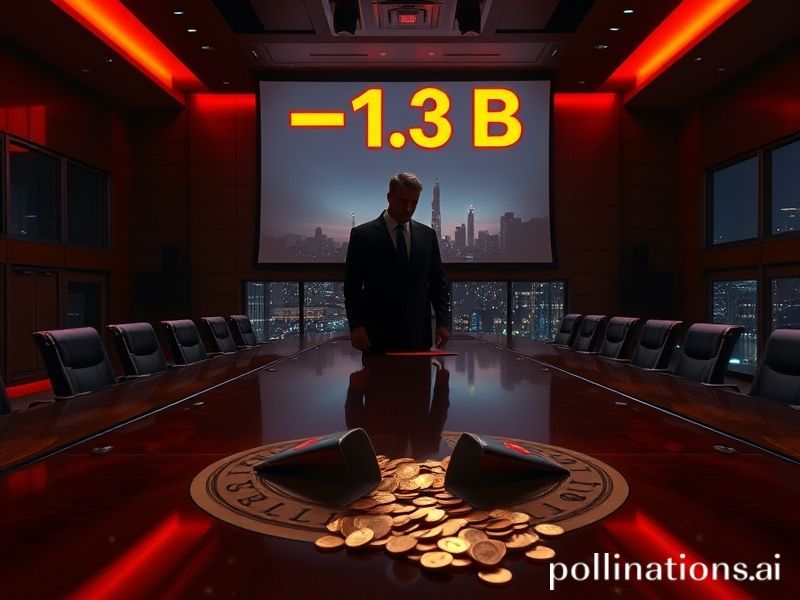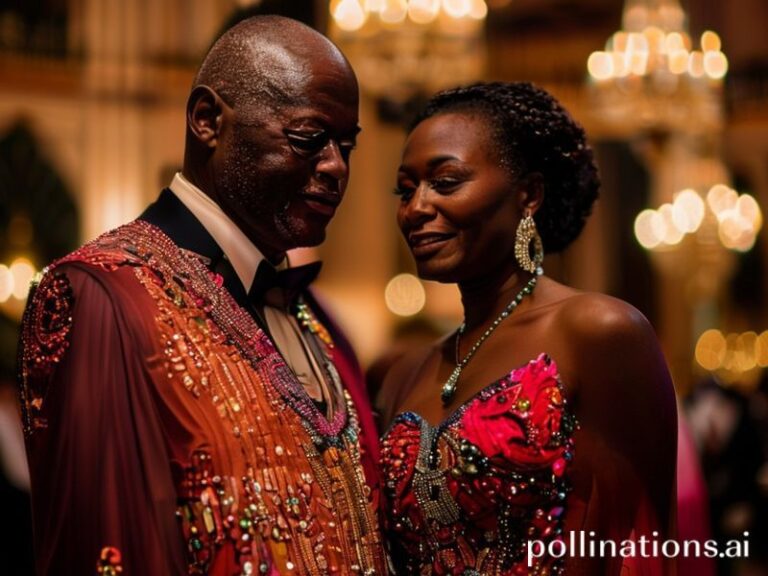$75 Million and Counting: How Jimmy Kimmel Became Disney’s Global Fiscal Villain
The Mouse That Roared—Then Whispered—About a Late-Night Host
An International Audit of Disney’s Jimmy Kimmel–Induced Hemorrhaging
——————————————————————–
PARIS—Somewhere between the crêpes and the strikes, Parisians are still debating whether the Eiffel Tower’s nightly sparkle is an art installation or just another corporate light show. Meanwhile, across the Atlantic, the House of Mouse has been conducting its own glittering misadventure, this one starring Jimmy Kimmel, a man whose nightly monologue can apparently shave eight-figure sums off a balance sheet faster than you can say “Bibbidi-Bobbidi-Boo.”
Let us frame the question in the language of global finance: Exactly how much money did Disney lose over Jimmy Kimmel? The short, unsatisfying answer—somewhere in the vicinity of US $75 million—sounds almost quaint when compared to, say, the €700 million fine France just levied on Apple for the crime of existing. But scale is deceptive; Disney’s quarterly earnings are the geopolitical equivalent of a Swiss bank account stuffed with nostalgia and theme-park churros. A $75 million bruise there is a national crisis in smaller economies—roughly the GDP of the Solomon Islands, give or take a coconut.
The international intrigue begins with Kimmel’s merciless lampooning of Disney’s handling of Florida’s “Don’t Say Gay” legislation. Each nightly skewering was beamed to 200-odd countries, translated into 47 languages, and—crucially—repackaged into TikTok clips that reached places where Disney+ subscriptions outnumber working refrigerators. In India, where Disney+ Hotstar recently lost the IPL streaming rights, Kimmel’s jokes arrived like post-colonial karma: the same conglomerate that once sold Simba plushies to the subcontinent was now the butt of the joke. Viewers canceled subscriptions en masse, partly in solidarity, partly because rupee-denominated plans had already jumped 30 percent to subsidize the rest of the planet’s cut-rate Disney+.
Over in the EU, regulators smelled blood and leveraged outrage into leverage. Margrethe Vestager—Europe’s antitrust Valkyrie—quietly reopened an investigation into Disney’s streaming bundling tactics. The implied message: “Nice theme park you’ve got in Paris; shame if someone classified it as a monopoly.” Analysts at Société Générale estimate the regulatory overhang could cost Disney another €50 million in compliance retrofits, which is roughly the cost of re-theming one mediocre Avengers ride nobody asked for.
In Latin America, where Disney’s cash-cow channels still dominate living rooms, Kimmel’s mockery collided with local politics. Mexico’s president name-dropped Mickey during a press conference, accusing the company of “cultural imperialism.” The resulting hashtag #AdiósMickey trended for 36 hours, long enough for 1.2 million households to drop Disney+ and switch to a bootleg streaming service run out of a Caracas basement. Disney’s regional ad revenue dipped 11 percent; analysts call it “the Kimmel chomp.”
China, ever the pragmatist, simply banned Kimmel clips on Weibo, replacing them with state-approved memes of Winnie-the-Pooh—ironically, a character Disney no longer fully controls. The censorship firewall saved Disney an estimated CN¥400 million in lost brand equity, proving once again that authoritarianism can be the most efficient marketing department money can’t buy.
Back in Burbank, Disney executives convened an emergency “Sunset Strategy Session,” so named because it ended precisely at sunset, right before the overtime kicked in. The takeaway: keep Kimmel on the air—he’s ratings gold—but launch a $20 million global goodwill campaign featuring a multilingual Simba who speaks fluent empathy. The campaign premiered in Nairobi, where children in Mickey ears posed with a costumed lion who refused to say “Hakuna Matata” because the phrase is trademarked.
So, how much did Disney lose over Jimmy Kimmel? Enough to fund a small nation, not enough to dent Bob Iger’s stock options. In the grand ledger of late capitalism, $75 million is a rounding error; in the moral accounting of a planet growing allergic to corporate sanctimony, it’s a warning shot across the bow of every brand that ever tried to sell revolution by the yard.
The world keeps spinning. France will strike tomorrow, India will find a cheaper stream, and somewhere in the Pacific a Solomon Islander will watch a bootleg Moana remake on a phone charged by a diesel generator. Disney will survive—empires always do—but for one brief, shining fiscal quarter, a late-night comedian reminded us that even the Magic Kingdom can bleed. And somewhere, Walt’s cryogenically frozen head just twitched.







